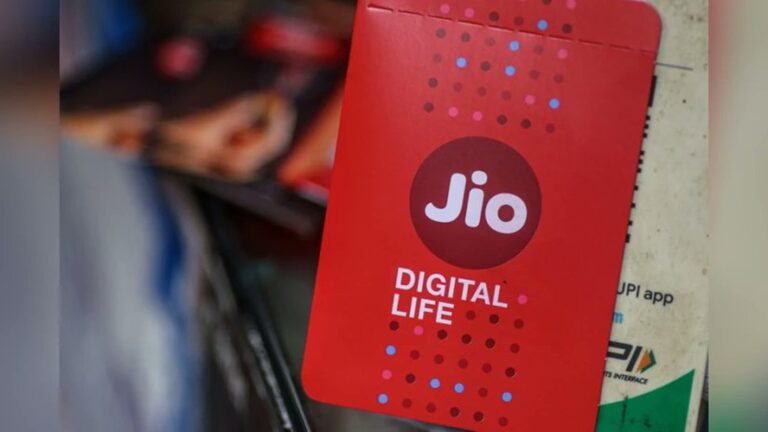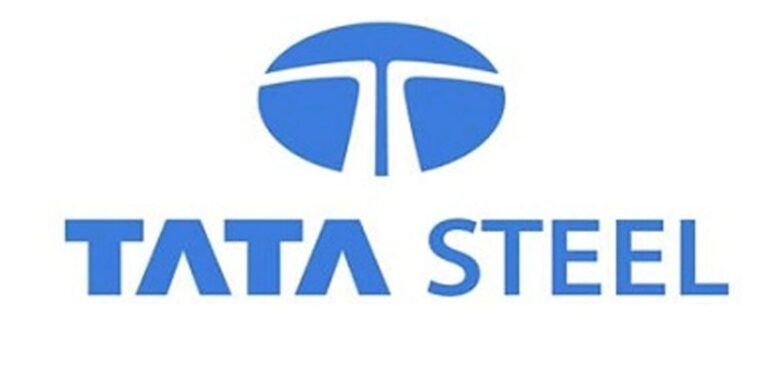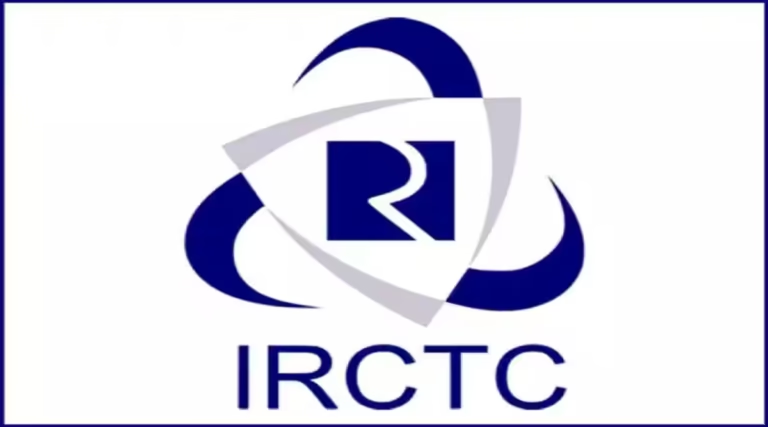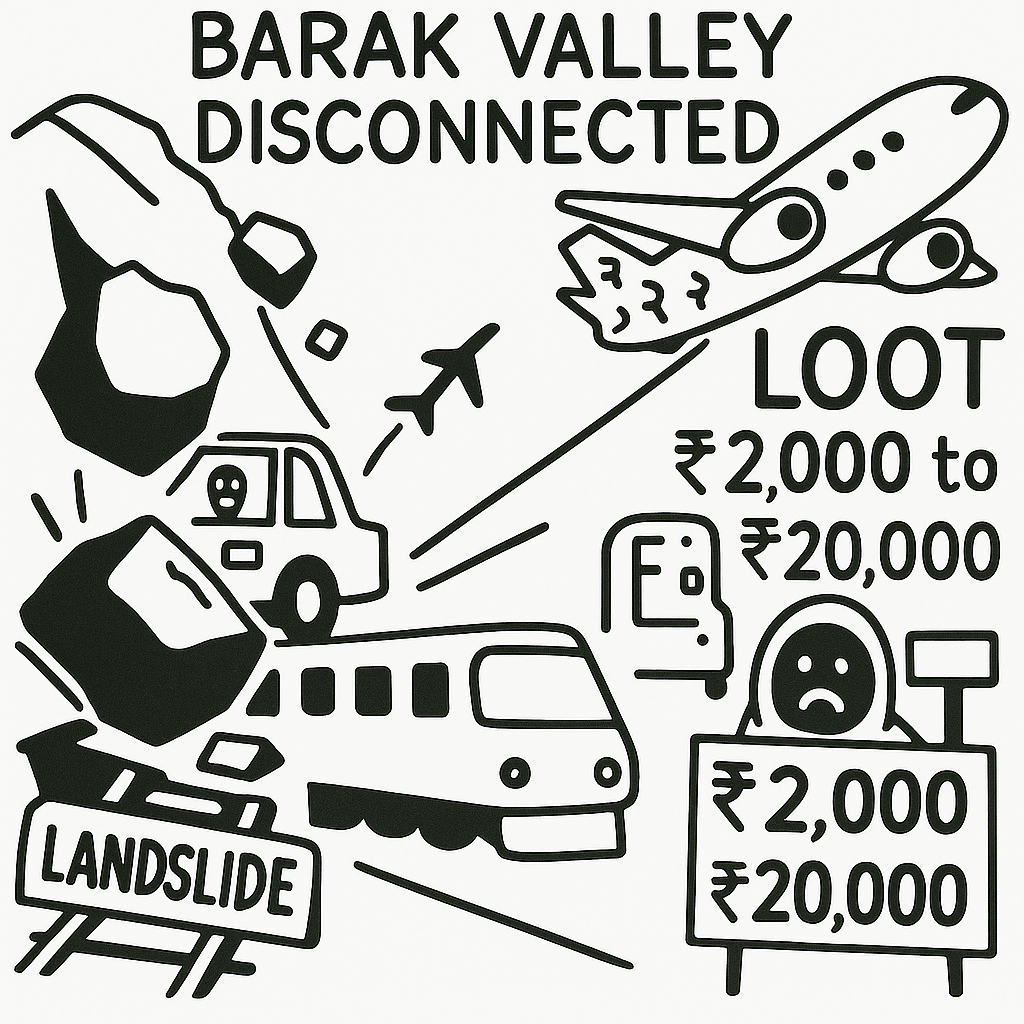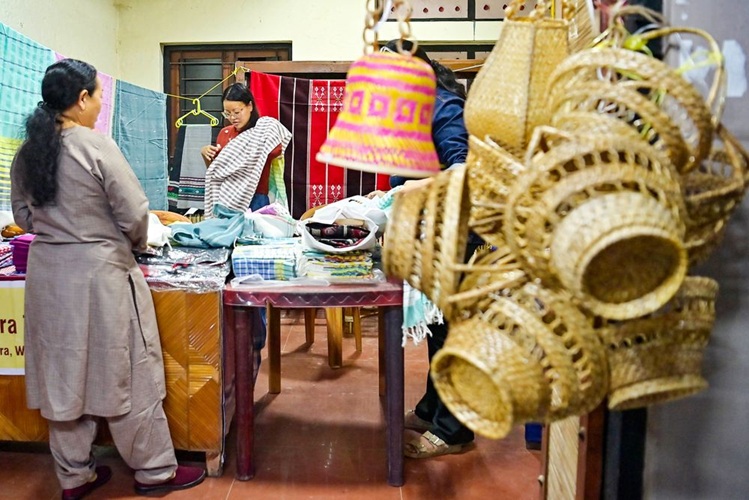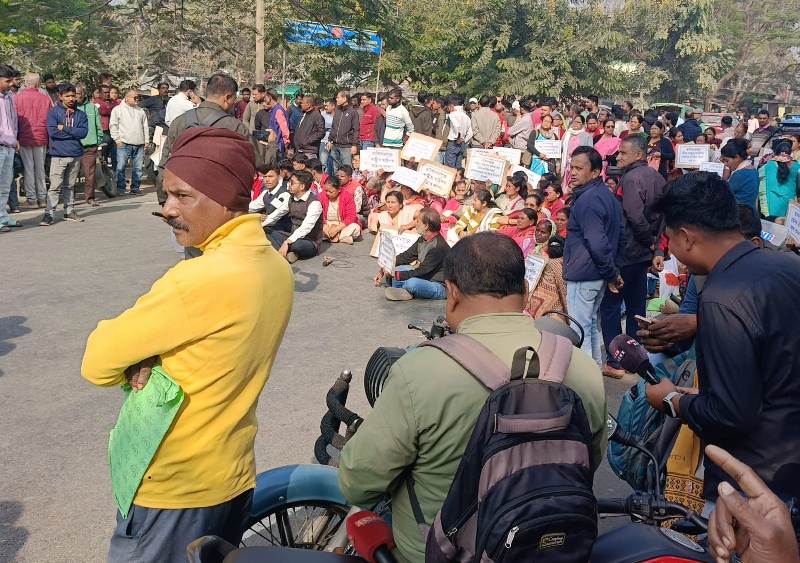India has risen to become the world’s second-largest exporter of natural honey, with shipments reaching 1.07 lakh metric tonnes valued at $177.55 million in 2023–24, a leap from ninth place in 2020. This success stems from the National Beekeeping and Honey Mission (NBHM) under the Atmanirbhar Bharat initiative, which promotes scientific beekeeping and quality honey production while generating rural livelihoods. The NBHM, implemented via the National Bee Board, started with a Rs. 500 crore budget for three years and extended to 2025–26 with Rs. 370 crore remaining. The Madhukranti portal facilitates online registration and traceability of bee products, boosting transparency and export quality standards. India’s varied agro-climatic regions provide ideal conditions for honey production, which supports agricultural sustainability through pollination and provides additional products like beeswax, royal jelly, and bee venom. The NBHM emphasizes improving crop productivity, post-harvest management, and technology research tailored to different regions, propelling India’s emergence as a major global honey market player and symbolizing rural economic empowerment and growing self-reliance.
The United States is the largest market for Indian honey, accounting for about 78% of exports, followed by the UAE, Saudi Arabia, and other nations. Recent changes in US tariffs pose challenges, but new markets like Thailand and South Korea show promise for future growth.



